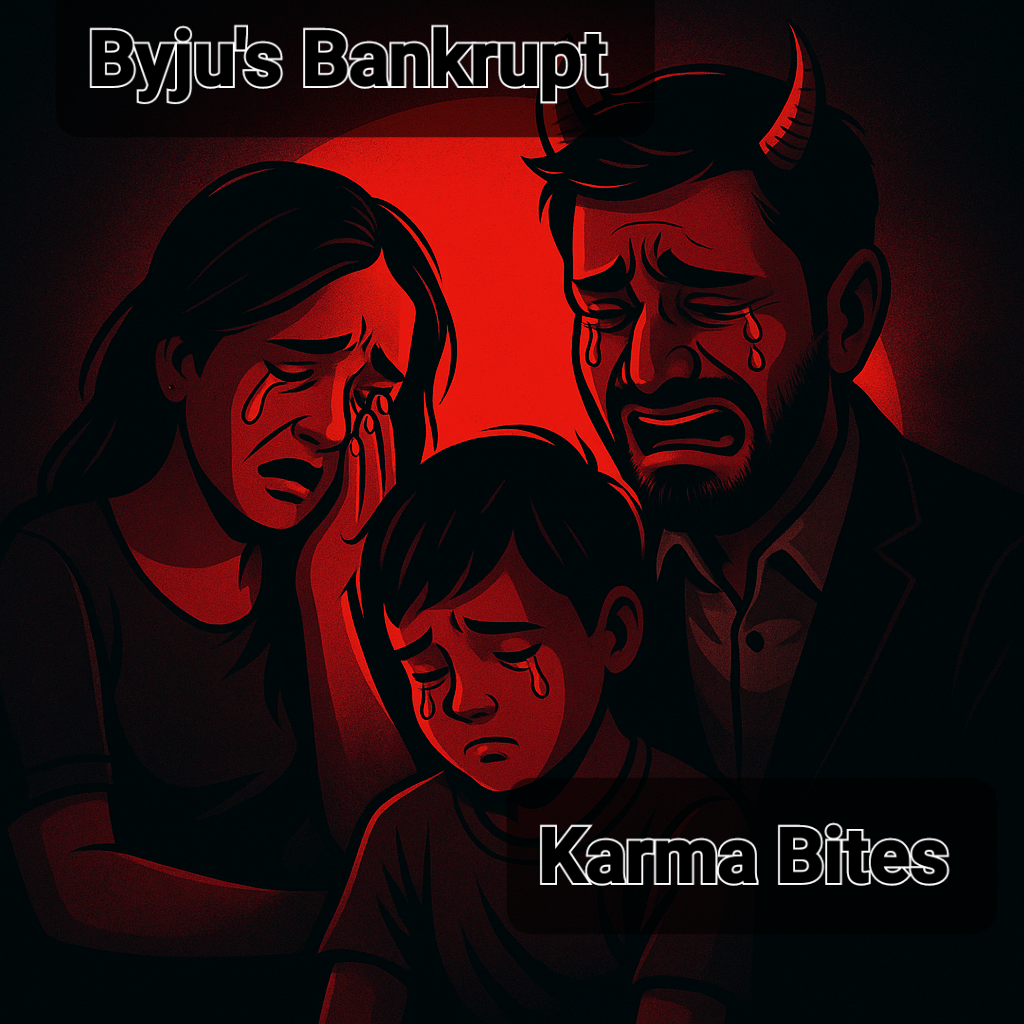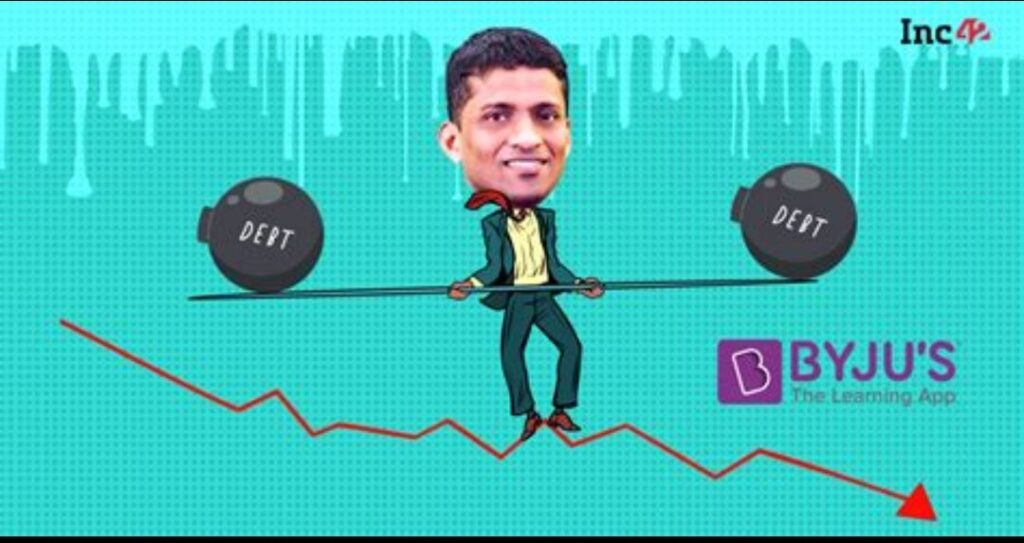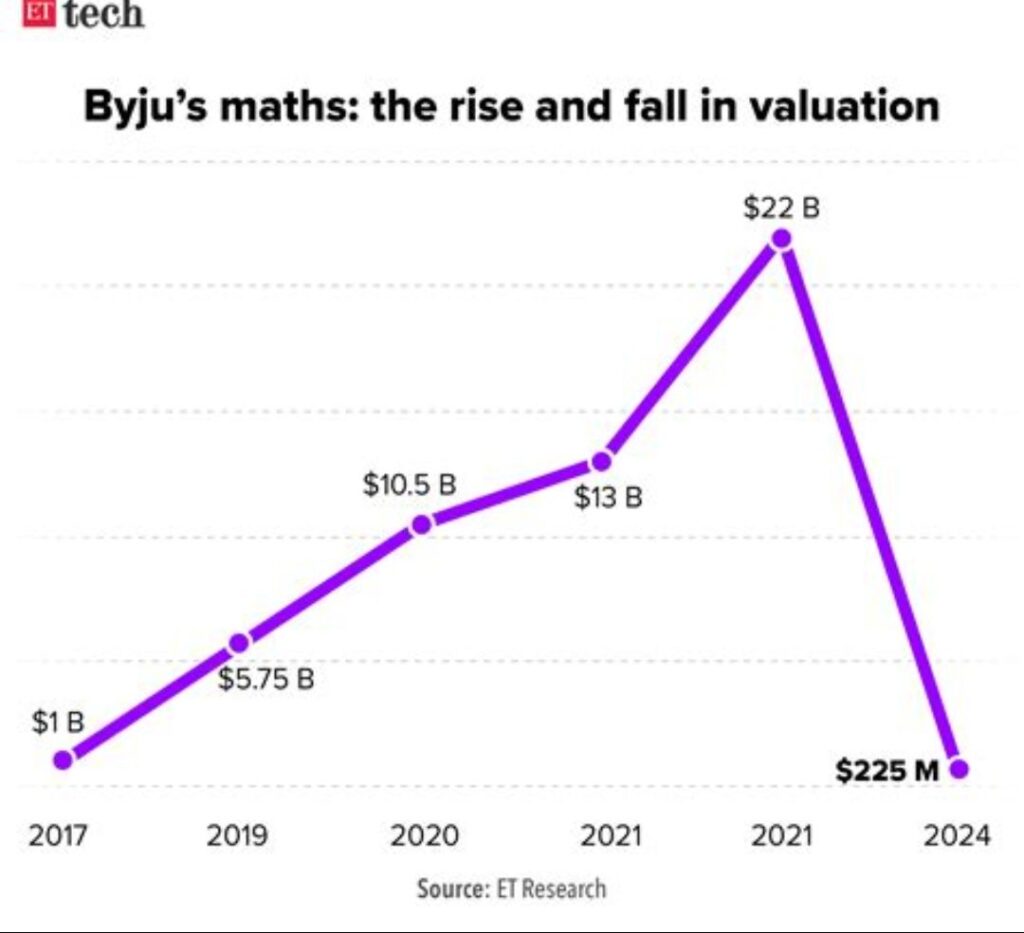Byju’s Bankruptcy News: Fraud, Loans, App Ban & the $533M Collapse – Parent’s Full Review
By Madhurie Singh, May 30, 2025

Introduction
It started with a phone call.A friendly voice, some fancy animation clips, and the promise of academic success for your child— delivered on a sleek tablet. As a parent, how could you say no?That’s how it begins for most families. But what comes next? Slow, outdated tablets.Boring content that feels like a school recording. Locked learning. EMI statements for loans they never knew they signed. And now, in 2025, as Byju’s bankruptcy news makes national headlines, thousands of parents are left asking the same question:
“How did we fall for this?” This is not just a product review. This is a wake-up call—for parents, for educators, and for anyone who believes technology alone can solve India’s education challenges.
My Personal Story: From Hope to Regret – A Parent’s Review of Byju’s Learning Tab
As an educator, parenting consultant, and mother, I’ve always been open to trying new learning tools for my children. That’s why, when Byju’s representatives visited my home, I decided to try their much-advertised learning tab. It was marketed as a revolutionary education solution, and I genuinely hoped it would supplement school with high-quality digital learning.What I received instead was a classic example of overpromise and underdelivery. The Lenovo tablet that came with the Byju’s package was frustratingly slow. My sons—who were in Grade 8 and 6 at the time—used it for barely a week. Most of the content was nothing more than video recordings of teachers writing on blackboards, with only one engaging animation on geometry standing out. It was neither self-paced nor interactive—two of their biggest selling points.I even requested that my younger son be allowed to access the Grade 8 content on the same device, but Byju’s refused to unlock it. This inflexibility was shocking, especially for a platform that claimed to support personalized learning. Eventually, the device became nothing more than a paperweight in our home—a ₹50,000 mistake.Now, as Byju’s bankruptcy news dominates the media, I feel compelled to share this experience because it’s clear I wasn’t alone. I’ve spoken to dozens of parents who were misled by sales pitches, locked into loans, and left with content their children found boring and irrelevant.
What Was Promised vs. What Was Delivered
As an educator and parenting I bought Byju’s tabs for my sons when they were in Grade 8 and Grade 6. At the time, I truly believed I was investing in their future. A tech-enabled learning platform that would bring school subjects alive, all packed into a sleek tablet— it sounded like the perfect blend of convenience and innovation. But within one week, both my sons lost interest.The Lenovo tablet provided by Byju’s was painfully slow, to the point where even opening a video required patience no child has. The content itself was equally disappointing. Only one single video on geometry stood out as even remotely engaging. The rest? Just teachers talking in front of blackboards, monotonous and uninspiring— exactly what we were trying to escape.What shocked me more was their inflexibility. I asked them if my younger son could also access the Grade 8 content (which we had already paid for!), but they refused to unlock it. The device sat in a corner for a year, collecting dust—until I finally threw it away in frustration.That’s when I began digging deeper. I discovered I wasn’t alone.consultant, I’ve seen plenty of products come and go. But few have had such a wide gap between promise and reality as Byju’s.
Let me break it down:
Promised: “Engaging, animated learning that feels like a game.”
Delivered: “Talking-head teachers with blackboards, barely different from tuition classes.”
Promised: “Self-paced, child-friendly content.”
Delivered: “Locked content per grade, limited access, and unusable for siblings.”
Promised: “Latest technology.”
Delivered: “Outdated, laggy tablets that crashed often.”
Promised: “Customer support.”
Delivered: “Robotic responses, no flexibility, and zero empathy.”
That’s when I began hearing similar complaints from other parents. And what I uncovered next was even more concerning.
The Sales Tactics:
High Pressure, Emotional Guilt, and Hidden Loans
What disturbed me the most wasn’t just the weak content—it was the sales machinery that ran behind it.
From speaking with over 50 parents in my community and reading verified complaints on Reddit and Quora, the pattern was chillingly consistent:
Manipulative Sales Calls
Parents were called repeatedly
Sometimes 5–10 times a day—till they agreed to a “free demo.” These demos were often conducted in-person at home, where sales agents would sit for hours until parents gave in.
Shaming the Child
One mother told me that a sales agent said to her in front of her son: “If your child isn’t scoring well, it’s because you’re not investing in the right tools.” Imagine the emotional guilt this generates.
Fake Claims of Government Subsidy or Urgency
Another common tactic was saying: “Only 2 tablets left at this subsidized rate. Offer ends today.” Spoiler alert—it never ended. Loan Papers Signed Without Consent. The worst stories come from lower-middle-class families. Parents who thought they were making a one-time payment later discovered they’d unknowingly signed up for EMIs via third-party NBFCs. Many shared that they were not told they were taking loans—the paperwork was rushed, often in English, and no soft copies were sent later.
One Reddit user wrote: “My uncle earns ₹15,000 a month. A Byju’s salesman got him to sign EMI documents for ₹3,000/month without explaining it was a loan. He’s still paying it off, and the tab is unused.”
This isn’t just bad sales. This is fraud, hiding behind education.
Inside the Byju’s Learning Tab: What the Content Really Offers
Let’s talk about the actual learning tab. When you open the Byju’s tablet, here’s what you typically see:
- A locked dashboard tied to your child’s grade level.
- No access to future or past grade content.
- Downloadable videos that are slow to stream or crash the tab.
- Quizzes that offer little adaptive feedback.
- While there are a few decent animations (like the geometry video I mentioned earlier), most of the content is:
- Textbook-style voice overs
- Static board explanations
- No real-time doubt solving
- No integration with school curriculum timelines
In short, it’s not dynamic, not interactive, and certainly not worth the premium price.
The Bigger Picture: Is There a Strategy to Emotionally Drain Families?
Here’s where it gets deeper—and darker.
I believe there’s a systematic emotional manipulation strategy at play: Make parents feel like their children are falling behind. Push families to panic buy without time to verify. Use guilt, shame, and authority tactics. Lock students into uninspiring content so they lose interest in studies. Then nudge them toward other dopamine-releasing spaces—video platforms, games, and consumerism.It’s a subtle but powerful trap.
Ancient Indian Wisdom on Learning and Ethics
In contrast, let’s look at what Sanatan Dharma teaches us:
“सत्यं वद, धर्मं चर”
(Speak the truth. Follow dharma) Taittiriya Upanishad
Our ancient Gurukuls never charged money to “sell learning.”
Knowledge was sacred, earned through trust, service, and effort—not slick pitches and locked screens.
True learning involves:
Interaction, not isolation.
Exploration, not memorization.
Mentorship, not monetization.
Byju’s violates these values at every level.
Scientific and Social Evidence
EdTech fatigue is real. A 2022 study by IIT-Hyderabad showed that 68% of students using tablets for education felt disconnected from their school learning.
The National Consumer Helpline in India reported hundreds of cases of forced loans, unreturned cancellations, and mis-selling by Byju’s agents in the last 2 years.
According to multiple Reddit threads, Byju’s employees themselves admit that sales targets often outweigh product quality.
Action Plan for Parents
If you’re already trapped in a Byju’s purchase, or considering one, here’s what you can do:
Check if you’re on an EMI plan – ask the company for written proof and screenshots of your loan agreement.
Write to NBFC or credit bureaus if you were misled into signing anything.
Join consumer forums – places like Akosha, Reddit, and Telegram groups have hundreds of similar complaints.
File a complaint on consumerhelpline.gov.in or through the National Consumer Helpline.
Better yet, explore truly free resources: Khan Academy (Indian syllabus-aligned), Diksha App (by Govt. of India), YouTube channels by real educators.
Final Truth: My Heart-to-Heart Curse
I didn’t write this blog to bash a company. I wrote it to protect parents from shame, manipulation, and heartbreak. I cursed Byjus for cheating me and making my children waste their time and money.
I still believe India can create world-class educational tools. But not at the cost of trust. Not at the cost of a parent’s dignity. We don’t need more animations. We need accountability, ethics, and real learning experiences. So before you swipe that card or sign that form, pause. Breathe. Ask questions. Demand answers. Because your child’s future—and your peace of mind—are worth far more than a shiny tablet.
Karma Bites Byjus
The Fall of Byju’s: From EdTech Giant to Bankruptcy

Once hailed as India’s most valuable startup with a valuation of $22 billion, Byju’s rapid ascent in the edtech sector has been matched by an equally swift and dramatic downfall. A combination of aggressive expansion, financial mismanagement, and legal entanglements has led the company to the brink of collapse.
Aggressive Expansion and Mounting Debt
Byju’s embarked on an ambitious acquisition spree, purchasing companies like Aakash Educational Services, WhiteHat Jr., and Epic! to diversify its offerings. While this strategy initially boosted its market presence, it also led to significant financial strain. The company took on a $1.2 billion term loan from U.S. lenders, a move that would later become a focal point of its financial troubles .
Allegations of Financial Misconduct
In a startling development, U.S. lenders accused Byju’s of transferring $533 million to a hedge fund named Camshaft Capital, managed by an individual with no formal investment experience. A U.S. bankruptcy court found these transfers to be fraudulent, leading to legal actions against Byju’s executives, including co-founder Byju Raveendran .
Insolvency Proceedings and Operational Setbacks

By mid-2024, Byju’s faced insolvency proceedings in India after failing to pay ₹158 crore in dues to the Board of Control for Cricket in India (BCCI). The National Company Law Tribunal admitted the insolvency petition, further exacerbating the company’s challenges. Additionally, the Byju’s Learning App was removed from the Google Play Store due to non-payment of dues to Amazon Web Services, highlighting operational disruptions .
Leadership Turmoil and Workforce Reductions
The company’s leadership faced significant upheaval, with founder Byju Raveendran losing immediate control following the insolvency proceedings. Simultaneously, Byju’s initiated multiple rounds of layoffs, affecting thousands of employees, as part of its restructuring efforts .
Investor Concerns and Legal Scrutiny
Major investors, including General Atlantic and Prosus, expressed concerns over the company’s governance and financial practices, seeking intervention from India’s Supreme Court . Furthermore, the Enforcement Directorate in India initiated investigations into Byju’s for potential violations of foreign exchange laws .
References + Sources
Reddit threads: r/India, r/IndianParents, r/ByjusScam
Articles from The Ken, Business Standard, and Indian Express (2022–2024)
IIT-Hyderabad study on EdTech fatigue (2022)Taittiriya Upanishad, Chapter 1
Testimonials from Parenting India workshops (2022–2025)
Have a similar story or need help navigating an education-related decision? [Book a 1-on-1 Parenting Consultation with Madhurie Singh, write to [email protected]]






Login is required
Don't have an account? Sign Up